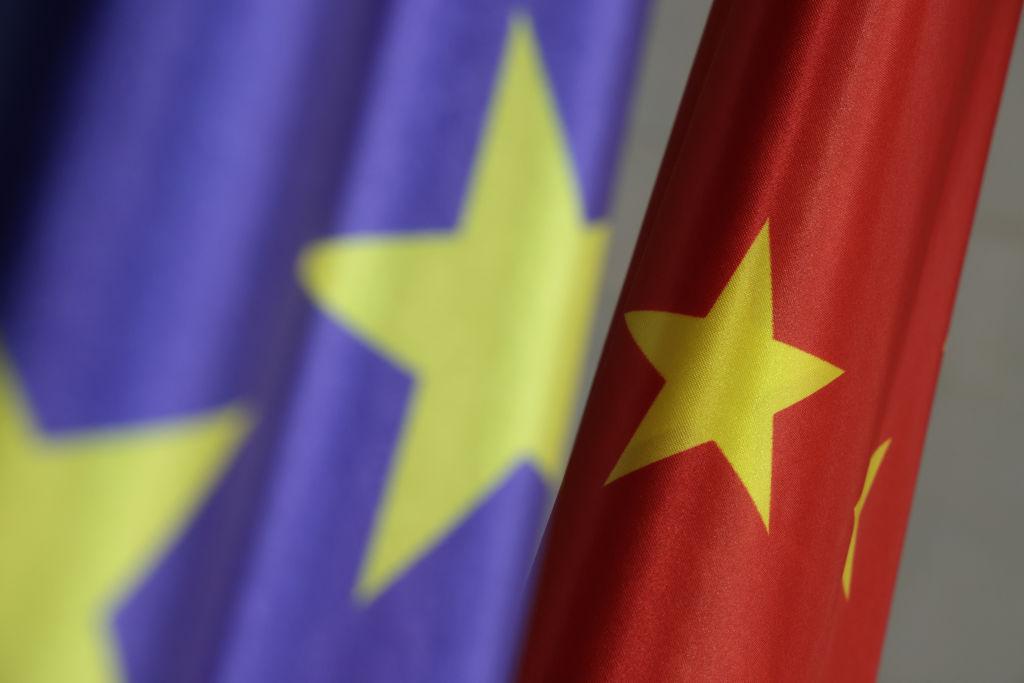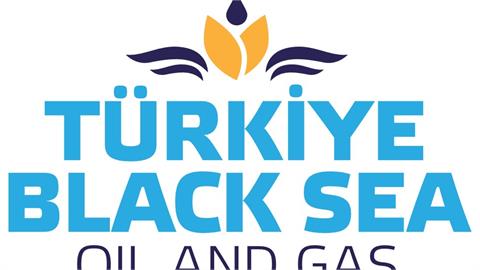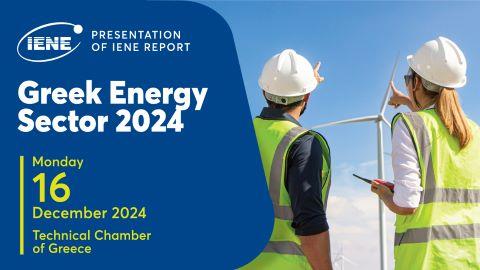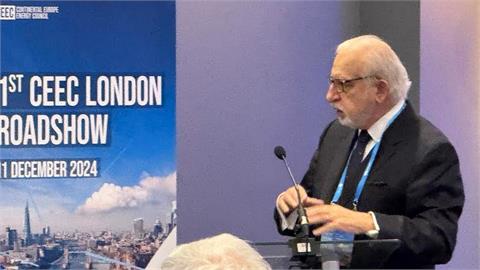On November 21, 2023, IENE released its Briefing Note No. 19 entitled “EU Probe on Chinese EV Sales to Europe” which was sent to its Members on the same day. As Europe is frantically trying to decarbonise its transport sector by massively expanding the use of electric vehicles (EV) while bolstering its car industry, growing Chinese EV imports are posing an existential threat
On November 21, 2023, IENE released its Briefing Note No. 19 entitled “EU Probe on Chinese EV Sales to Europe” which was sent to its Members on the same day. As Europe is frantically trying to decarbonise its transport sector by massively expanding the use of electric vehicles (EV) while bolstering its car industry, growing Chinese EV imports are posing an existential threat.
Hence, on September 13, 2023, the EU Commission chief Ursula von der Leyen announced an anti-subsidy probe into Chinese EVs in its 2023 State of the Union Address. More specifically, the most substantial announcement during her speech was the launch of the probe into China’s electric vehicles. The Commission, she said, would investigate whether to impose punitive tariffs to protect European Union producers against cheaper Chinese electric vehicle imports it says are benefiting from excessive state subsidies.
The following day, Beijing blasted the launch of the probe by the European Commission into China’s electric vehicle subsidies as protectionist and warned it would damage economic relations, a concern shared by Germany’s car industry. In 2022, China’s exports to the EU rose 8.6% to $562 billion, according to Chinese customs data. But imports from the EU slumped 7.9% to $285 billion due to weaker Chinese demand and sharply widened the EU’s trade deficit with China for the second year.
Moreover, according to the latest IENE Briefing Note, EU officials believe Chinese EVs are undercutting the prices of local models by about 20% in the European market, piling pressure on European automakers to produce lower-cost EVs. The Commission said China’s share of EVs sold in Europe had risen to 8% and could reach 15% in 2025. Underscoring challenges facing established European automakers, Volkswagen is looking at cutting staff at its all-electric plant in eastern Germany. In 2022, 35% of all exported EVs originated from China, according to US think-tank the Center for Strategic and Internal Studies (CSIS), with most destined for Europe. The single largest exporter from China is US giant Tesla.
The months-long probe, which could lead to higher tariffs on Chinese imports, is aimed at buying time for Europe’s legacy carmakers to adapt to the green transition as China’s battery-powered models threaten to swamp the growing market. The move comes as the EU strives to find a balance in its wider strategy towards China, with Brussels seeking to treat Beijing as a rival in economic and geopolitical terms, but also as a key trade partner for many of its member states and compainies and a critical part of its green technology supply chain.
IENE’s latest Briefing Note can be found here.




